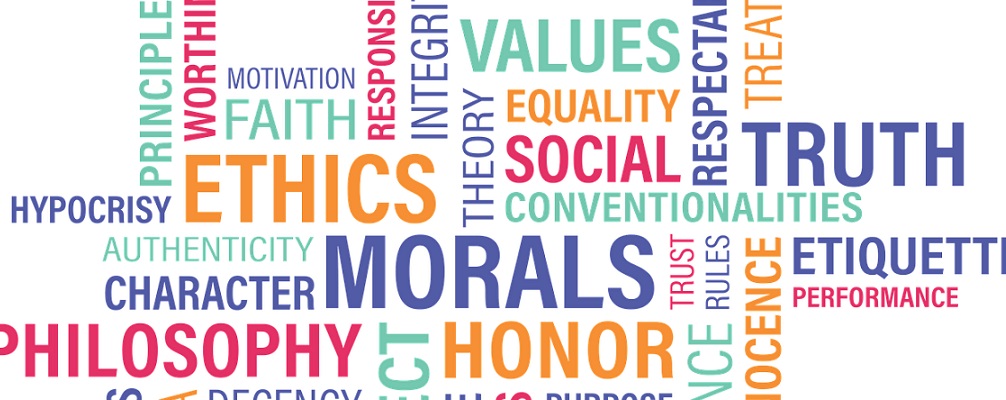
Encouraging Whistleblowers to Do What’s Right
Many corporations are finally concluding that a strong whistleblower program is not only the best answer to ethics violations but has also become a necessity in recent years as corporate fraud has risen to an all-time high.
These programs don’t solve anything unless companies can persuade employees to step up and report unethical and illegal behavior. Recent reports show one in five employees don’t report violations.
Before any business can see results from its program, employees must be comfortable with the system, believe their reports will be answered and rectified, and managers won’t retaliate against them for doing what’s right. Here are some guidelines to help your company encourage whistleblowers to speak out against serious ethical and legal infractions.
Start By Building A Culture That Encourages Ethical Conduct
Motivating whistleblowers to report misconduct starts with an environment that already promotes doing the right thing. Businesses that incorporate a company-wide ethics policy, train employees regularly on the guidelines, and elect individuals to monitor behavior experience less infractions.
Building this culture takes a behavior modification approach. Encourage pride in the company by recognizing employee commitment. Host regular events that celebrate the team’s performance and shows the company cares about them.
On the other hand, companies need to swiftly discipline employees who commit minor infractions and terminate those who have become a danger to the company.
Change The Company’s Attitude Towards Whistleblowers
It’s difficult to receive criticism from subordinates or have them tell us we’re wrong. No one likes to admit there’s a problem. Ignoring it only leads to disaster and shows whistleblowers you don’t care about their concerns.
Executive managers should start using language that supports reporters. Instead of saying the whistleblower reported an incident, use verbs like “revealed,” “alerted,” “warned,” etc. This language presents the action in a positive light.
Encourage team members to use similar language. Discipline employees who talk negatively about people “who snitch” or call them disloyal. This behavior only serves to undermine the company’s objectives.
Discourage External Whistleblowing Or “Blogging” About The Company
One recent development involves employees taking to the Internet and blogging about infractions within the company. This is bad publicity for the company and should be discouraged. Even the smallest blog audience can hurt customer retention.
The only way to prevent this from happening – short of constantly monitoring every employee and terminating violators – is to provide an equitable internal whistleblower program these individuals feel safe using. Start by contracting with a third-party service provider to offer 24/7 phone access and keep the calls anonymous.
Listen To What Your Employees Are Saying
If you want your employees to listen and adhere to ethical requirements and reporting systems, you must first start listening to your employees and take their concerns into account. Business leaders rarely get an intimate look at how well the internal business model is working. They rely on feedback from those who are on the floor.
This is true for whistleblower programs. Managers cannot understand why employees hold back information or fail to use systems in place. Offer your team the advantage of providing feedback. Send out surveys or invite employees for a small meet and great. Encourage them to express their concerns and fears.
It doesn’t stop with gathering feedback. Employees want to see that you care and implement their suggestions or create methods to alleviate their fears. If your team doesn’t see any reaction from their feedback, you can be sure they won’t offer it again.
Build Trust And Nurture Relationships With Your Employees
The most important resource at any business is the employees. They are the ones responsible for ensuring product development follows internal quality assurance standards. They provide feedback on productivity and efficiency problems. And, ultimately, they are the first line of defense against serious ethical and legal violations.
Encourage workers to trust you and the management team by nurturing relationships. Don’t hide in the executive suite all day. Schedule a period each week to walk the floors and communicate with employees. Ask about family. Learn what they are doing at work. Build a strong connection.
Employees who feel that you care about them will gain trust. Trust is the door to building a whistleblower program that is equitable to all parties.
Ethical Advocate helps organizations protect their interests by providing hotline solutions and training. Learn more about how a whistleblower program can save your company money.
